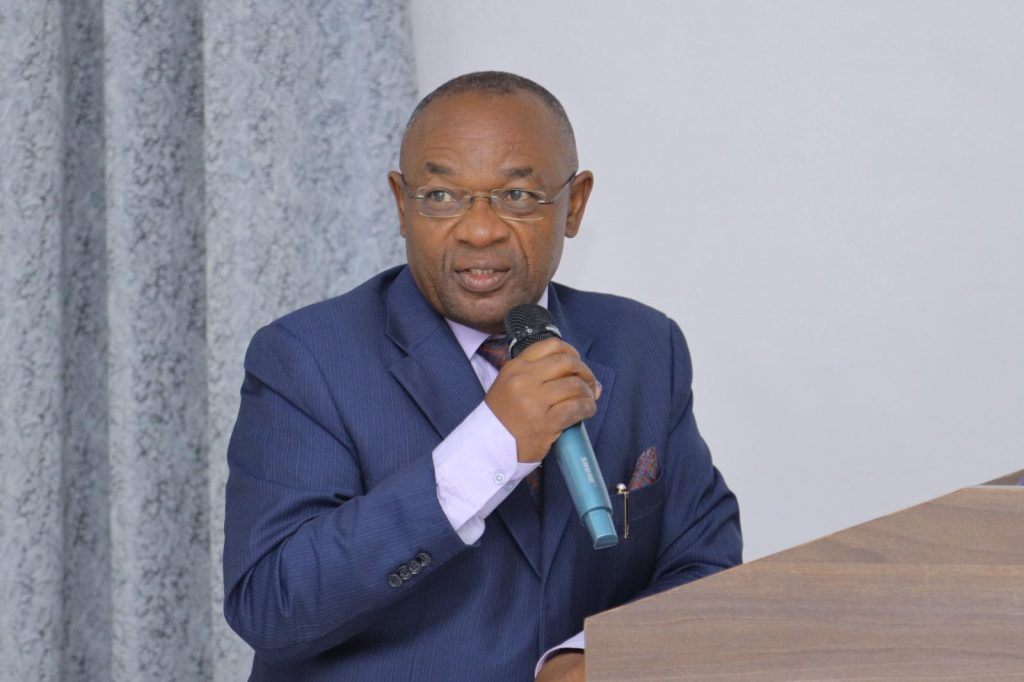Local government political leaders are set to receive a pay increase starting Financial Year 2026/2027, following a directive from President Yoweri Museveni to improve their remuneration and facilitation.
The Minister of Local Government, Raphael Magyezi, announced on Tuesday, while responding to a petition by the Uganda Local Governments Association (ULGA) and the Urban Authorities Association of Uganda (UAAU) on the challenges facing local service delivery.

The petition warned of a deepening crisis in service delivery across the country, citing issues such as poor pay, staffing shortages, lack of transport, neglected road maintenance, weak planning systems, revenue mismanagement, and inadequate induction of elected leaders. It called for urgent reforms to restore efficiency, strengthen accountability, and improve public services.
“Appropriate facilitation and payment of duty bearers is a statutory obligation. Unfortunately, local government political leaders are poorly paid and underfunded. We commend them for their patience, selfless service, and sacrifice to the country,” Magyezi said.
He added that President Museveni has directed that the remuneration of all Local Council leaders, from LC I Chairpersons to District and City leaders, be enhanced, and that the Ministry of Local Government has prepared a Cabinet Paper to formalise the pay rise.
Magyezi also outlined other interventions planned for the coming financial year, including induction programs for councillors worth 30 billion Shillings, procurement of vehicles for district chairpersons and mayors, recruitment to fill critical staffing gaps, provision of road equipment for cities and municipalities, and increased physical planning grants to curb unplanned urbanisation.
He confirmed that LC I and II elections will be harmonised with the 2026 general elections, and subventions to ULGA and UAAU will double to 600 million Shillings.
While Magyezi argued that service delivery is improving, citing assessments by the Office of the Prime Minister and other bodies, the Speaker of Parliament, Anita Among, disagreed. She noted that in many districts, classrooms are empty, hospitals lack medics, and roads remain in poor condition, warning that the realities on the ground reflect the concerns raised in the petition.
Several MPs echoed these concerns. Gilbert Olanya, the Kilak County MP and Chairperson of the Public Accounts Committee (PAC) for Local Government, questioned the state of road equipment, noting that most supplied machinery works for less than a year and is often grounded due to a lack of repair funds.
Godfrey Onzima, the Aringa MP, highlighted critical staffing gaps in health and education, sharing that some health units operate with only two midwives, forcing women in labour to be referred elsewhere. Paul Omara, the Otuke County MP, expressed concern over dwindling funding, noting that local governments now receive only 7 per cent of the national budget, down from 15 per cent previously.
Minister of State for Finance, Henry Musasizi, defended revenue centralisation, saying local governments often underreport revenue and all collections must go to the Consolidated Fund. Magyezi, however, stressed that underfunding remains the root problem, pointing out that the local government budget share has steadily declined from 34 per cent to just 9 per cent over the years.
Speaker Among concluded that increasing funding to local governments could resolve many of the challenges and enable better delivery of services under the Parish Development Model (PDM), calling for a stronger commitment to decentralisation as a tool for wealth creation and improved service delivery.
